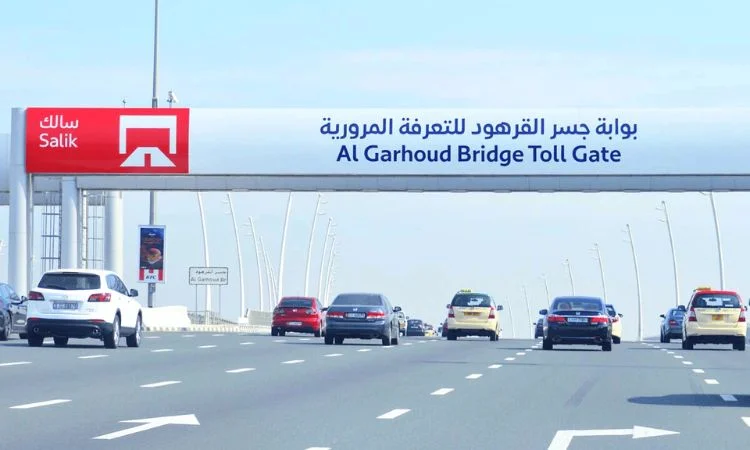As the city of Dubai continues its rapid growth and development, managing efficient traffic circulation around the bustling metropolis remains a key priority for transportation authorities. In the latest measure aimed at optimising vehicular movement and reducing congestion on key routes, the Roads and Transport Authority (RTA) has approved plans to install two new toll collection points across Dubai’s major road networks.

Salik PJSC, the exclusive operator responsible for the implementation and management of Dubai‘s electronic toll collection system, announced this week that it has received formal designation from the RTA to set up two additional toll gates. According to a statement from the company, extensive traffic analysis conducted by the RTA identified the locations as strategic spots where tolled access could help redistribute vehicle volumes and ease pressure on congested corridors.
The first of the two new toll gates will be positioned at the Business Bay Crossing point along Al Khail Road. Studies found this section often experiences heavier traffic loads due to its position between high activity districts like Business Bay, Dubai Media City and Dubai Internet City. By installing a gate here, authorities believe around 10-15% of traffic could be rerouted to alternate routes like Al Maktoum and Al Garhoud Bridges which have greater existing capacity.
The second toll collection spot earmarked is located at Al Safa South on Sheikh Zayed Road between Al Meydan Street and Umm Al Sheif Street. As with the previous Al Mamzar toll points, motorists passing through the new Al Safa South gate and the existing neighbouring Al Safa North within an hour in the same direction will only incur single payment. This new gate is anticipated to relieve pressure on the busy descent from Sheikh Zayed Road towards the Financial Centre by reducing volumes turning right towards Meydan Street by approximately 15%.
Salik, as the city’s exclusive toll management operator, will spearhead construction and commissioning of infrastructure for the two new toll additions. Targeted to become fully operational by November 2023, the gates will bring Salik’s total network count to 10 across the emirate. Each new gantry installation is expected to deploy the same RFID-based automated detection and billing technology currently utilised across Salik’s existing portfolio of eight toll collection points.
By structurally optimising traffic circulation through the additions, RTA studies project the Business Bay Crossing gate alone could trim congestion along Al Khail Road by 12-15% while lessening burdens along parallel routes. Similarly, the Al Safa South gate aims to ease the steep decent on Sheikh Zayed Road towards Meydan. Once introduced, Salik forecasts the new toll gates will generate increased annual revenue trips that will support its ongoing growth strategy.
According to Salik CEO Ibrahim Al Haddad, the latest partnership with RTA demonstrates significant steps toward advancing Dubai’s integrated transportation infrastructure through smart mobility solutions outlined under the Dubai 2040 Urban Masterplan. As vehicle numbers continue multiplying in line with the emirate’s growing population and economic activities, innovative traffic management tactics like selective road tolling will remain important to facilitate smoother commutes for residents and visitors alike. The addition of the two gates reflects proactive efforts ensuring circulation optimisation and sustainable urban expansion envisaged under the long-term development vision for Dubai.















